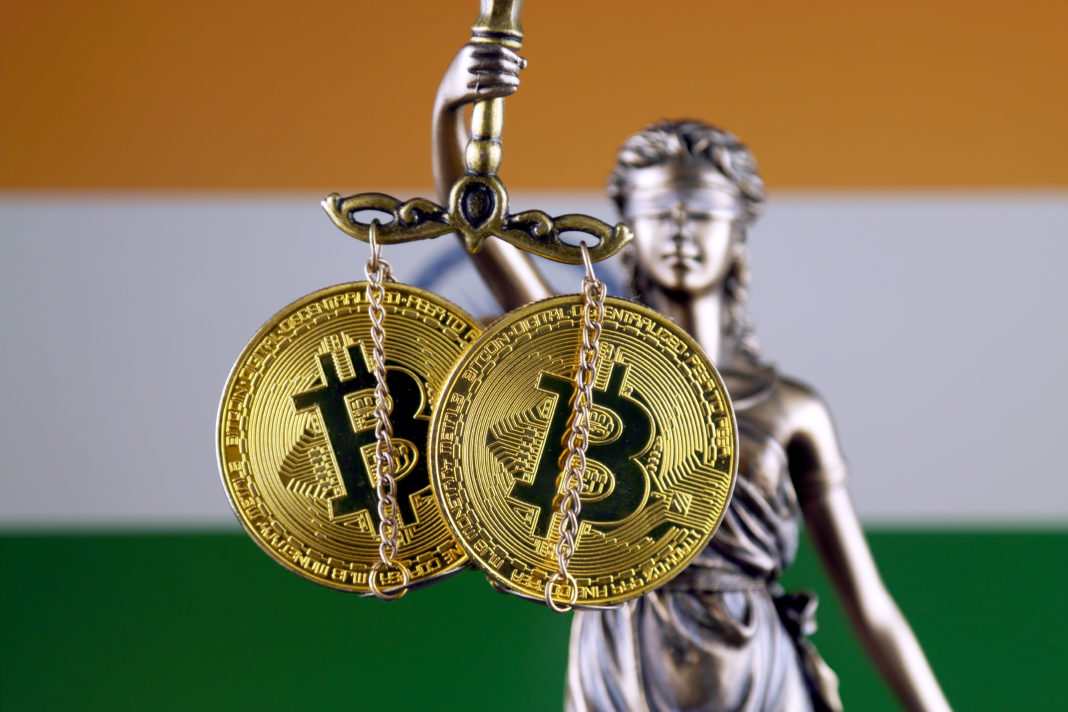What is cryptocurrency?
A cryptocurrency can be understood as a virtual or digital currency that can be utilized for purchasing products and services, but through an online ledger that has strong cryptography in order to ensure the security of the online transaction. For these unregulated currencies, most of the interest is to trade for profit. Several companies in the current market have issued their own cryptocurrencies which are also known as tokens. These currencies are tradeable only for the products and services provided by that specific company. Individuals would require to exchange real currencies or funds for purchasing cryptocurrencies in order to have access to that specific products and services. There is a specific technology requires to be utilized for processing cryptocurrencies which are known as a blockchain. It is a decentralized technology distributed across several digital devices that records transactions and manages the procedure. One of the most eye-catching characteristics of this cryptocurrency process is its guarantee of security. Most individuals would not go for online transactions if the process does not provide any proper and authentic security process, which cryptocurrency provides.
How have cryptocurrencies entered the Indian market?
In order to understand the current legal controversy regarding cryptocurrency in India, it is important to have proper knowledge regarding the entrance of cryptocurrency into the Indian market.
In 2010, the first sale of one of the cryptocurrencies, Bitcoin took place in the Indian market with a consumer swapping of 10,000 Bitcoins for the purchase of two pizzas. Gradually, in 2011, other cryptocurrencies started to emerge in India such as Swiftcoin, Namecoin, and Litecoin. Between the period 2012 to 2017, cryptocurrencies started to gain a steady place in the Indian market. At the starting of 2012, the price of Bitcoin was $5 and then at the end of 2017, the price upsurged almost up to $1,000. During this period several other cryptocurrencies started to develop such as Unocoin, Zebpay, Koinex and many others, until the Reserve Bank of India (RBI) published a press release about cryptocurrency on 24th December 2013. In their press release, RBI stated that these online currencies are not supported by any central bank and the value of the currencies is not reinforced by any asset which is a matter of conjecture. The transaction of funds and currencies without any supervision of the financial organizations and banks of India is the main reason for RBI to object to the process of cryptocurrency, even if it provides full security for the users.
In February 2017, RBI again published a press release by raising the same concerns regarding cryptocurrencies, which was not reciprocated by the government properly. Therefore, again in October and November of 2017, two PILs were filed in the Supreme Court. One is for banning the selling and buying of cryptocurrencies in India and another one is for asking the government to regulate the legislation regarding this. After receiving all these press releases and requests for banning the selling and buying of bitcoins, the Government of India formed a committee with an aim to study the issues associated with online currencies and complaints against them. In December 2017, the Minister of Finance and RBI issued statements regarding cryptocurrencies. With all these forces trying to stop cryptocurrency exchanges, it made the procedure disabled to access financial and banking services in the Indian market. The trading volume of cryptocurrencies dropped by 99%. In 2018, these virtual currencies confronted existential threats due to many exchanges filed a temporary restraining order petition in Supreme Court against cryptocurrency. Then after all these incidents, in 2019, the committee provide its report which recommended the banning of ‘private cryptocurrencies’ in the Indian market. At last, in 2020, RBI’s ‘ban on crypto’ files raid down by the Supreme Court. The government stated that cryptocurrency is unregulated in India but it is not completely illegal.
Related Article: Your Event Planning Process Determines Your Future Success in Event Management
The current legal situation of cryptocurrency in India
Now, the biggest question is what is the exact situation of cryptocurrency in India. Is cryptocurrency legal in India?
From the standpoint of Article 19(1)(g) of the Indian Constitution, it is the rule of the Indian Government to provide freedom to execution and practice of any profession or continue any occupation, business or trade, and the doctrine of proportionality. Therefore, it will be an injustice if the Government of India completely bans the selling and buying of cryptocurrencies in the Indian market. Thus, the Government of India has decided to consider the launching of a new bill associated with cryptocurrency, known as “Cryptocurrency and Regulation of Official Digital Currency Bill, 2021”. As per this new legislation regarding virtual currencies, it will ban any private cryptocurrencies in the Indian market, but there will be few exceptions. The government will promote the trading of cryptocurrency and its underlying innovative technology as well as will provide a particular framework in order to create a formal digital or virtual currency that will be issued only by RBI. This New Bill of cryptocurrency identifies the grey parts of the virtual currency legislation as well as proposed to completely stop any private cryptocurrencies. However, it is still not clear that which cryptocurrency will fall under private cryptocurrencies and will be completely banned.
Considering all these initiatives taken by the Government of India, it can be said that currently, cryptocurrency is legal in India. Right now, a wide range of cryptocurrencies are available in the Indian market and its market demand is rapidly increasing. Currently, one of the top cryptocurrencies in the Indian market is Bitcoin and its market capitalization is $849.5 billion. Apart from that, there are others such as Ethereum, Binance Coin, Tether, Cardano, Dogecoin and many others. So, cryptocurrencies and Bitcoin are now legal in India, even if it’s unregulated. Individuals are free to utilize these virtual currencies from particular companies and buy products and goods from those specific companies only.
Also Read: Interesting and Creative Ways to Earn Money Online in India



